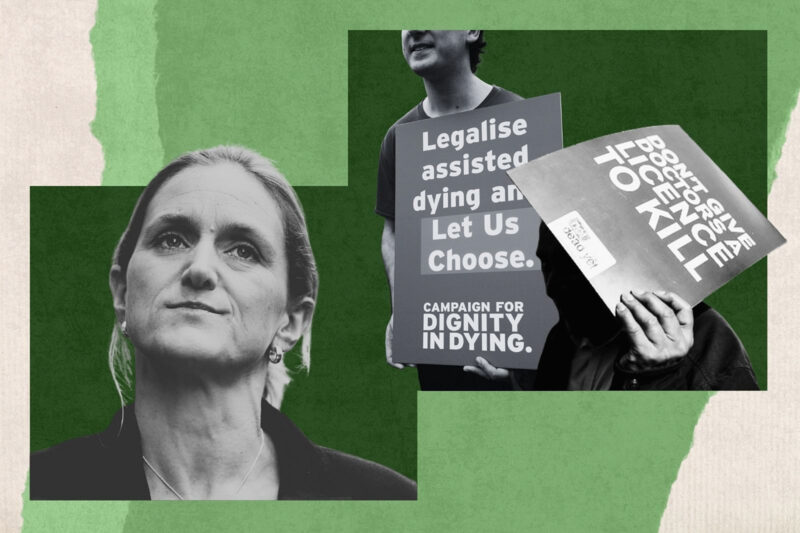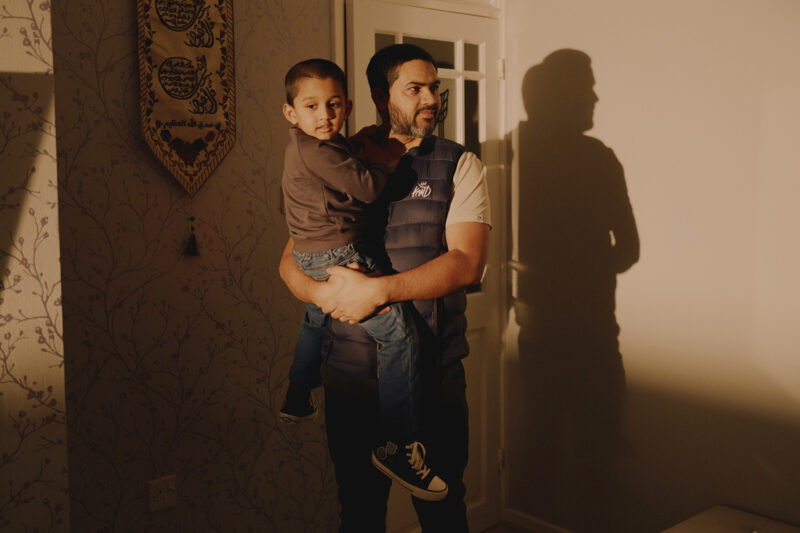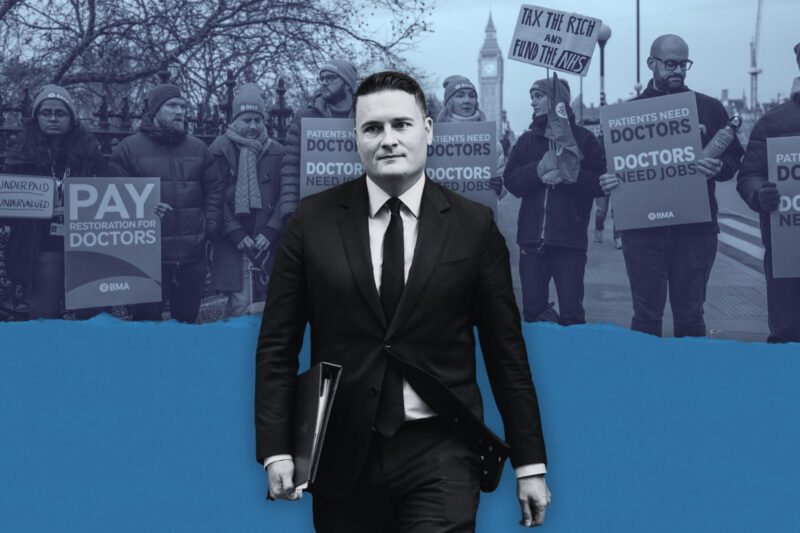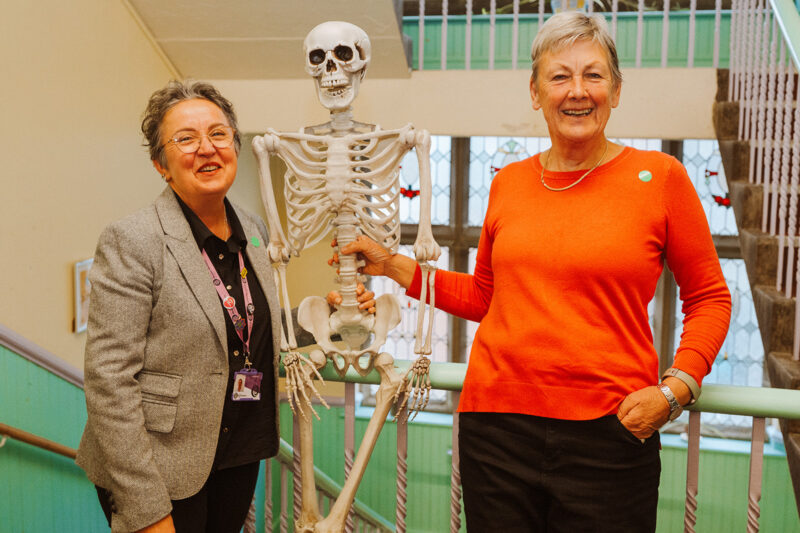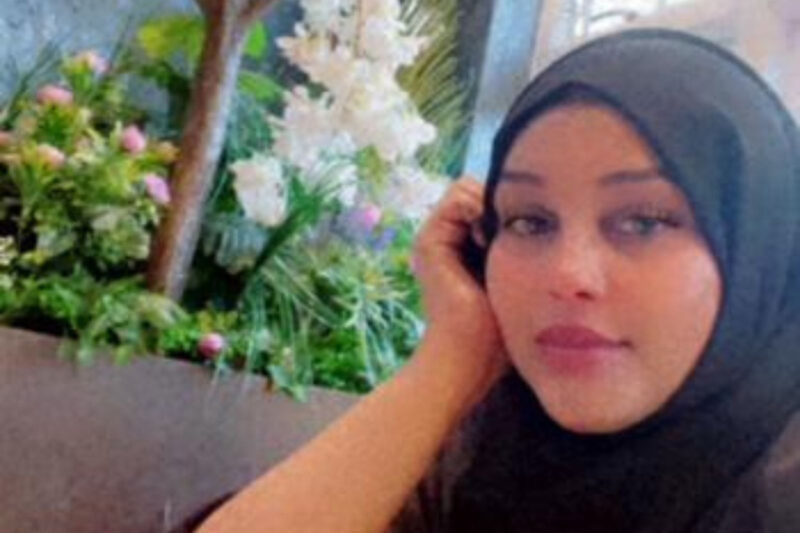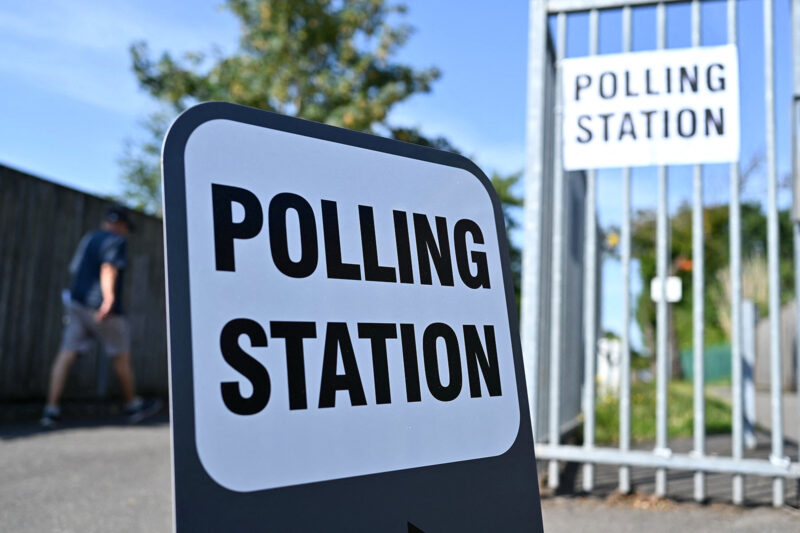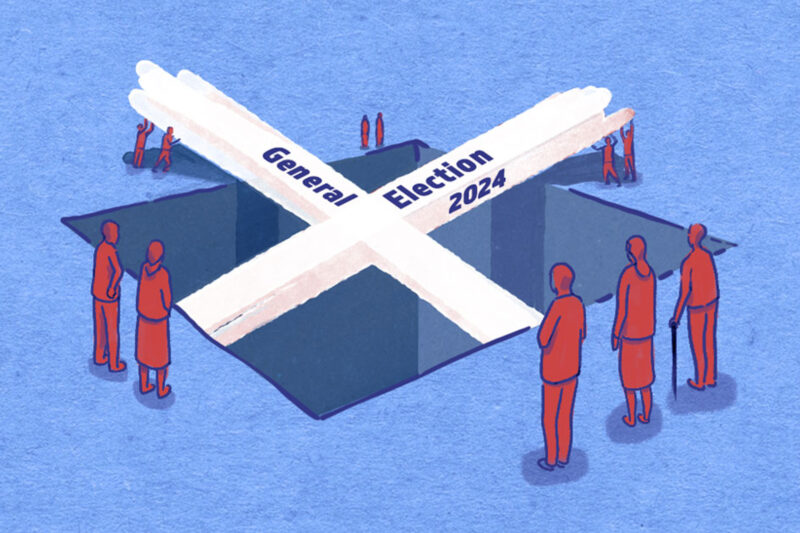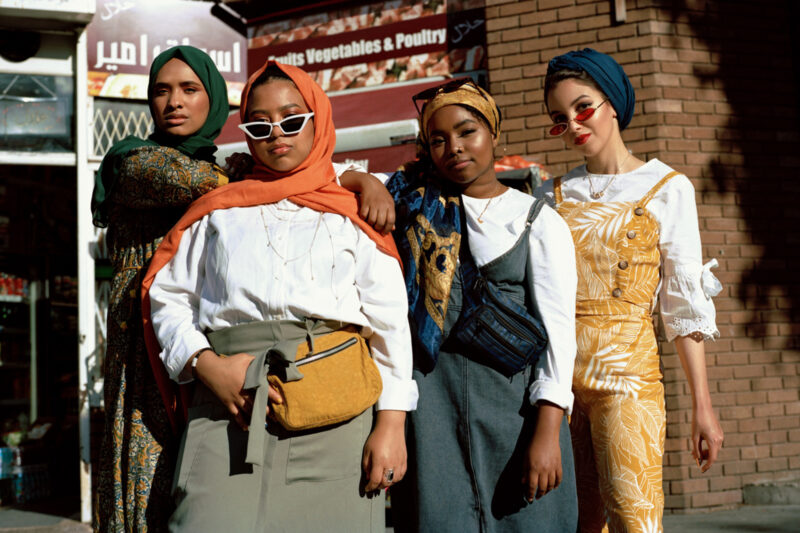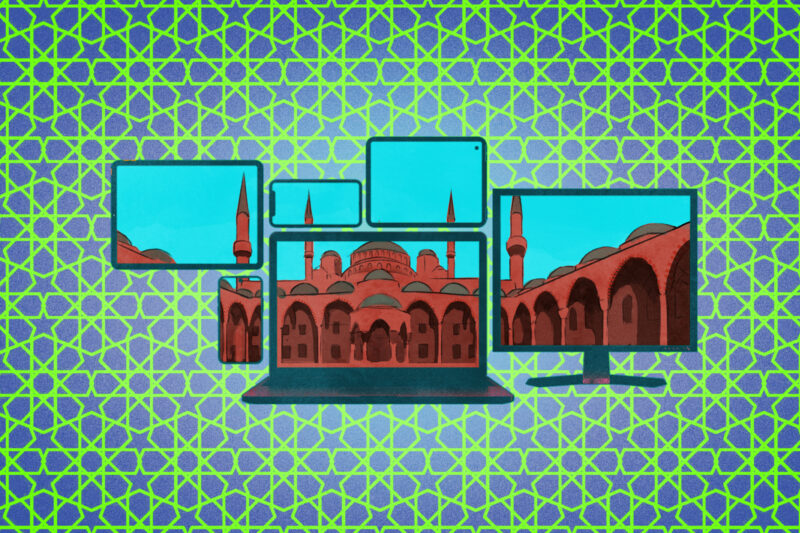Muslims three times as likely to oppose assisted dying as non-Muslims
Exclusive poll of 4,500 people reveals 43% of Muslims and 19% of Christians in England and Wales are against terminally ill adults (end of life) bill
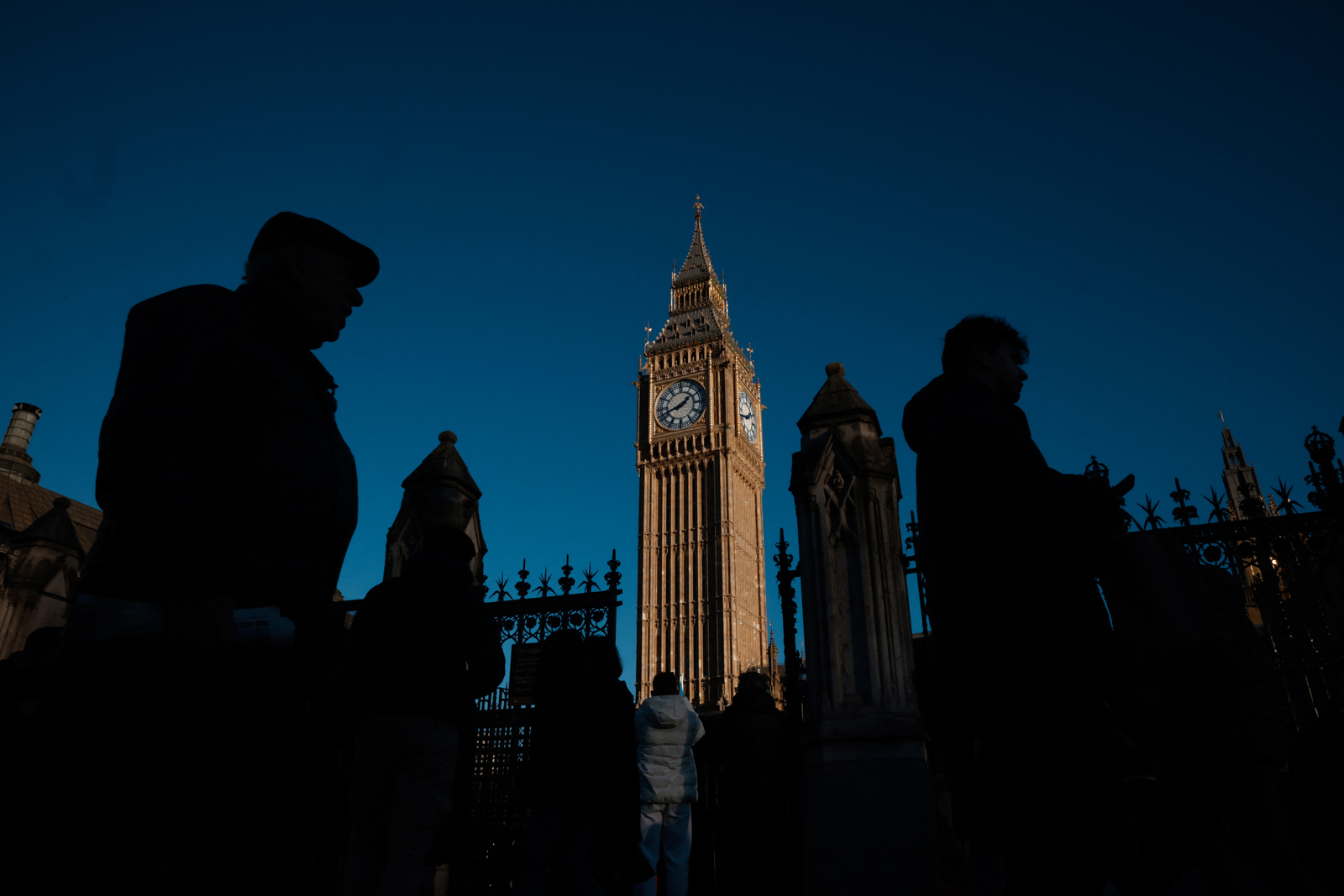
Muslims are more than twice as likely as Christians to oppose government plans to introduce assisted dying in England and Wales, and nearly three times as likely as followers of other religions, exclusive polling for Hyphen has revealed.
Some 43% of Muslims surveyed by Savanta in late February and early March said they were against the terminally ill adults (end of life) bill, compared with 15% of non-Muslims. About a fifth (19%) of Christians said they opposed the bill, along with 15% of followers of other religions and 8% of non-religious people.
About a third (34%) of Muslims said they backed the bill, compared with more than two-thirds (69%) of non-Muslims as a whole, including 64% of Christians. The rest did not know or did not hold a view in either direction.
Labour MP Naz Shah said the mixed views among Muslim respondents reflected wider public uncertainty, adding that, while faith may influence some, her own opposition to the bill was driven primarily by safeguarding concerns.
“While public opinion is very important, the truth is that we have to legislate for the wider society,” she said.
Hyphen’s poll surveyed 4,523 adults in England and Wales, including 1,366 Muslims. Among Muslims who oppose the proposed assisted dying law, 70% gave religious belief as one reason for their stance — higher than the 41% of Christians and 26% of followers of other religions who said the same.
Respondents could choose as many reasons for objecting as they liked, but 21% of Muslims gave religious belief as their only objection, compared with just 7% of Christians.
The proposed law on assisted suicide was introduced to the Commons by Labour MP Kim Leadbeater as a private members’ bill last year. Its report stage is expected to begin on 16 May, after the bill passed its second reading in November 2024 with 330 votes in favour and 275 against — the furthest any attempt to legalise assisted dying in the UK had progressed through the Commons. A separate bill is currently being considered in Scotland.
Advocates argue that it would give dignity and autonomy to those suffering from terminal sickness. Opponents, however, believe it raises profound ethical concerns.
“Life is sacred in Islam,” said Dr Mansur Ali, senior lecturer in Islamic studies at Cardiff University. “Any intervention that intentionally ends a life — whether by the person or a physician — is haram. Our lives are not our own; they belong to Allah.”
Ali added that the strength of opposition reflects both Muslims’ compassion and their fidelity to their faith.
“There is deep sympathy for those who suffer,” he said. “But there is also a firm belief that decisions about life and death are not ours to make. Faith shapes Muslims’ views on their medical ethics, finance, culture, marital rights, death rights and more.”

Concerns about the NHS
Iqbal Mohamed, the independent MP for Dewsbury and Batley, who voted against the bill at its second reading, said religious and ethical considerations weighed heavily in his decision.
“I’m a firm believer in the right to life and in helping people live as comfortably as possible,” he said. “As a Muslim, I feel a moral obligation to save life rather than facilitate death.”
Mohamed also raised practical concerns about end-of-life care in the UK. “We have an overstretched NHS, a lack of provision for NHS-provided palliative care and a lack of funding for charity-provided palliative care,” he said.
“That compounds things — if somebody is suffering at the end of life with a terminal illness, maybe the suffering is greater than it actually needs to be.”
He added that many of his constituents echoed his views. “After Palestine, this was the second most common issue people have contacted me about — over 400 emails, the vast majority against the bill.”
Shah, meanwhile, said her position changed after scrutinising the bill in detail and finding it “weaker” than when it was first introduced.
Among her key concerns were the removal of judicial oversight, which has raised fears of weakened protections for people with vulnerabilities, and what she sees as the potential for coercion despite protections written into the bill.
“The panel could literally see the doctor over Zoom, not even have to see the patient themselves, and grant the suggestion. That, for me, is an issue,” she said. “The bill, as it stands, isn’t safe enough for me and weakens the protection for the vulnerable.”
She believes the current proposal risks compounding existing health inequalities. “If we don’t fix the system — equal access to healthcare, to palliative care — then what people could do, because they aren’t getting the support where they could live longer and have their pain medication, they’ll then opt for an assisted death. We can’t leapfrog over all those concerns.”
Ali, too, warned of unintended consequences. “A right to die can quickly become a duty to die,” he said. “If the law changes, it may put pressure on the most vulnerable to consider ending their life not out of choice, but guilt.”
Similar concerns have been raised in Canada, where the expansion of assisted dying laws has led to widespread debate. Assisted dying now accounts for one in 20 deaths in Canada and covers adults with or without terminal illnesses and disabled people. In 2027, the law will cover anyone with serious mental health problems. Reports have emerged of vulnerable people pursuing medical assistance in dying due to inadequate access to housing, healthcare and social support.
Ali also said he was concerned about the impact on Muslim doctors; the British Islamic Medical Association (Bima) estimates that 10% of doctors identify as Muslim.
“The bill allows for conscientious objection but it still requires doctors to refer patients to someone who will assist them,” he said. “For many, that still feels like being complicit in something haram.”
A survey conducted by Bima in 2024 found that the majority (88%) of Muslim healthcare workers believed doctors should not be able to prescribe life-ending medication.
Will assisted dying affect election results?
In an echo of the upset handed to Labour last year by Muslim voters over its stance on Gaza, just over half (55%) of Muslim respondents to Hyphen’s poll said they were likely to change their vote in a future election based on candidates’ views on assisted dying — significantly more than the 38% of non-Muslims who said the same.
This time, however, the tendency was strongest among Muslims who backed the bill. More than two-thirds (68%) of Muslims who support assisted dying said they were likely to change their vote if an election candidate did not share their view.
In contrast, fewer than half (48%) of Muslims who oppose assisted dying said they were likely to change their vote if a candidate had a different view.
“It shows that Muslims have a conscience and that it plays a role in how they vote,” said Ali. “But we also need to be politically savvy and not base big decisions on a single issue.”
Younger Muslims held views broadly in line with the wider Muslim population, but felt somewhat less strongly: 37% of those aged 18 to 24 said they opposed the bill, 32% that they supported it, and 49% that they were likely to change their vote if an election candidate did not share their view. They were also less likely to rank it as a high priority compared with other issues (27% of younger Muslims ranked it as a high priority, compared with 36% of all Muslims).
 Newsletter
Newsletter


